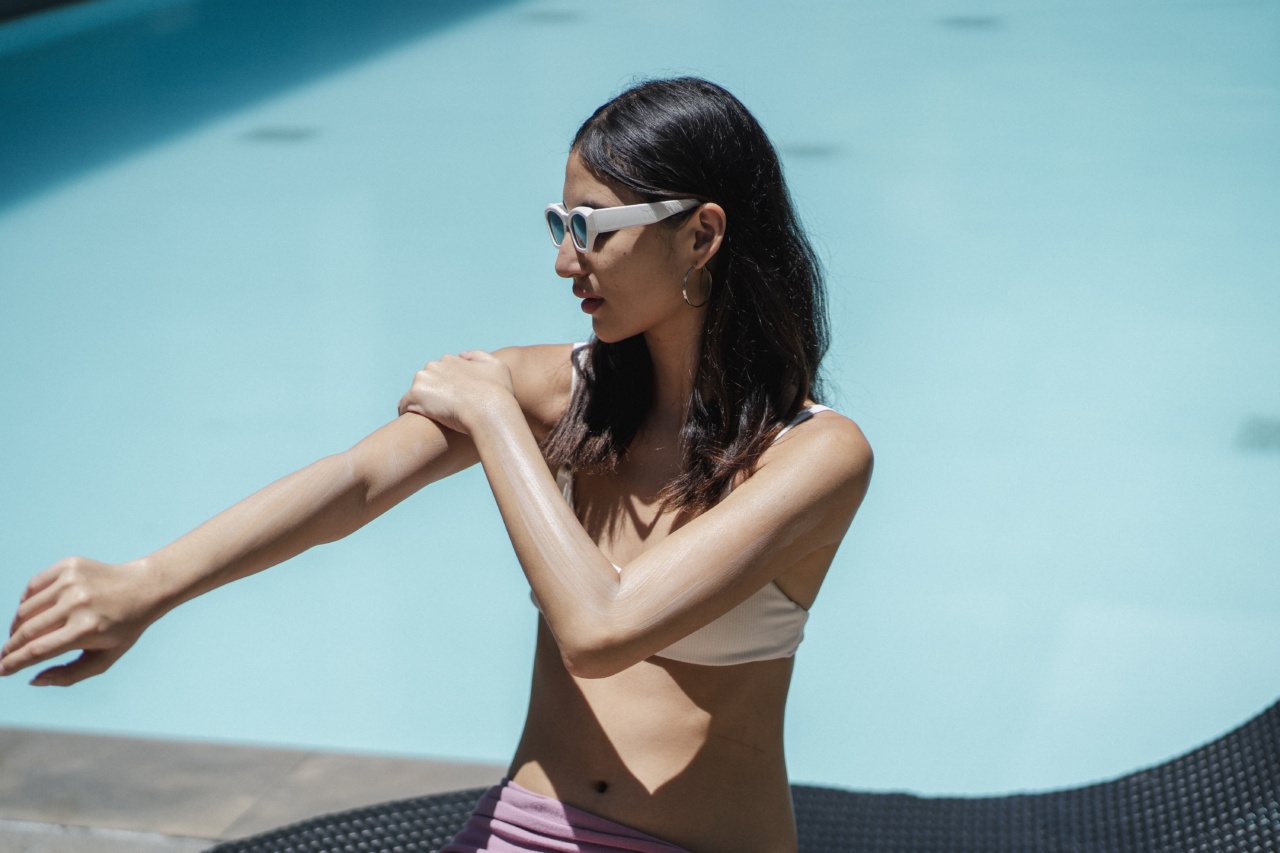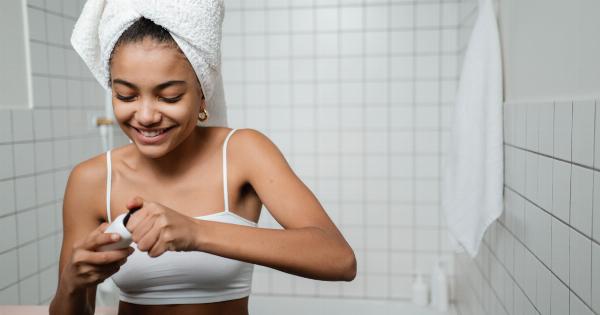Sunscreen is a staple in the skincare routine of many individuals who want to protect themselves from harmful UV rays. But how long does sunscreen last? The answer to this question is not as straightforward as one might think.
What is Sunscreen?
Sunscreen is a topical product that protects the skin from the sun’s ultraviolet (UV) radiation. There are two types of UV rays that can harm the skin: UVA and UVB. UVA rays can cause premature aging, while UVB rays can cause sunburn.
Sunscreen works by absorbing or reflecting these harmful rays, thus preventing damage to the skin.
What are the Different Types of Sunscreens?
There are two main types of sunscreens: physical and chemical. Physical sunscreens, also known as mineral sunscreens, contain ingredients such as zinc oxide or titanium dioxide that reflect the sun’s rays.
Chemical sunscreens, on the other hand, contain ingredients that absorb harmful UV rays and convert them into heat that can be released from the skin.
How Long Does Sunscreen Last?
When properly applied, sunscreen can provide protection against harmful UV rays for a certain amount of time. This time frame is known as the sunscreen’s “SPF” value.
SPF stands for Sun Protection Factor and refers to the amount of time it takes for skin to burn compared to unprotected skin. For example, if it takes 10 minutes for skin to burn without sunscreen and you apply SPF 30, it should take 30 times longer (or 300 minutes) for skin to burn.
However, it’s important to note that SPF values only indicate how long a sunscreen will protect against UVB rays. UVA rays can also cause damage to the skin and are not included in the SPF rating.
This is why it’s important to choose a broad-spectrum sunscreen that protects against both UVA and UVB rays.
Factors That Affect Sunscreen’s Lifespan
While sunscreen’s SPF value can give you an idea of how long it will last, the reality is that several factors can affect its effectiveness. Some of these factors include:.
: 1. Amount Applied
The amount of sunscreen that you apply can affect its effectiveness. In general, it’s recommended to apply about two tablespoons of sunscreen to cover the entire body.
If you apply less than this, you may not be getting the full SPF protection listed on the label.
: 2. Type of Activity
The activity you’re participating in can also affect the lifespan of your sunscreen.
Sweating, swimming, or engaging in any activity that causes you to rub against something frequently can cause the sunscreen to wear off faster than if you were sitting in a cool, shaded area.
: 3. Time of Day
The time of day you’re outside can also affect how long your sunscreen lasts. UV rays are strongest between 10 a.m. and 4 p.m., so if you’re outside during this time, you may need to reapply your sunscreen more frequently.
: 4. Weather Conditions
The weather can also affect how long your sunscreen lasts. Cloudy or overcast days may make it seem like you don’t need to wear sunscreen, but UV rays can still penetrate through clouds and cause damage to your skin.
Additionally, windy conditions can cause the sunscreen to rub off more quickly.
When Should You Reapply Sunscreen?
To ensure that you’re getting optimal protection, it’s important to reapply sunscreen every 2 hours or immediately after swimming or sweating.
If you’re using a water-resistant sunscreen, it may last longer but still needs to be reapplied after 80 minutes of swimming or sweating.
: Conclusion
Sunscreen is an essential part of any skincare routine. While it’s important to choose a broad-spectrum sunscreen with an appropriate SPF rating, other factors can affect its effectiveness.
To ensure that you’re getting the most protection from your sunscreen, apply it liberally, and reapply every 2 hours or immediately after swimming or sweating.






























